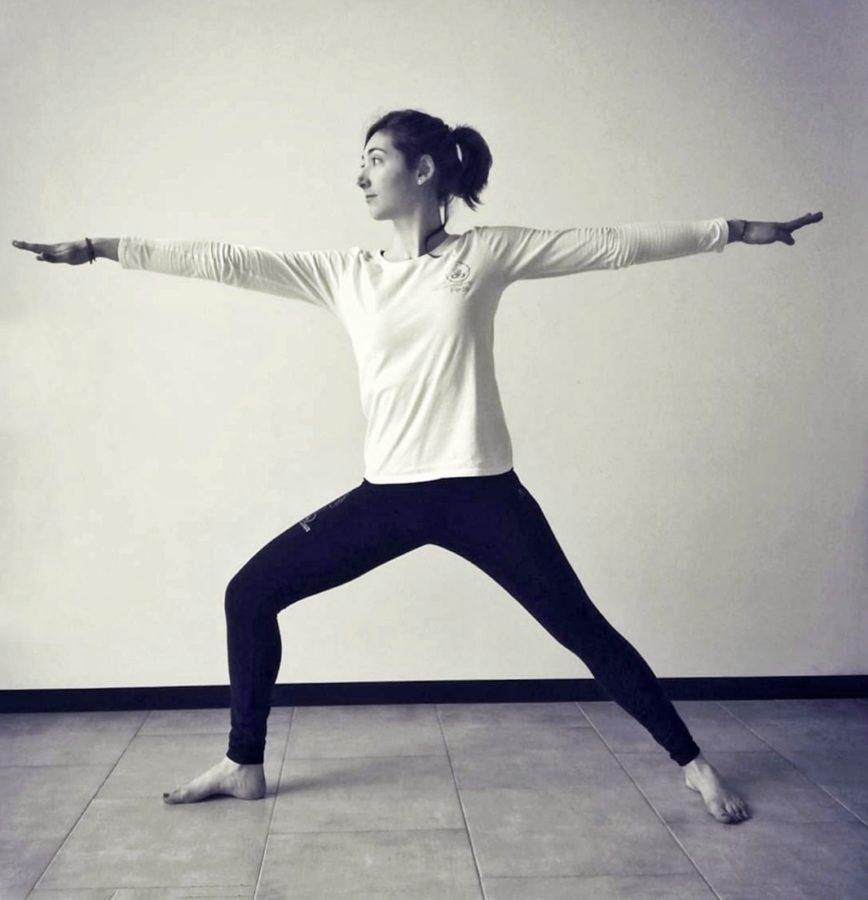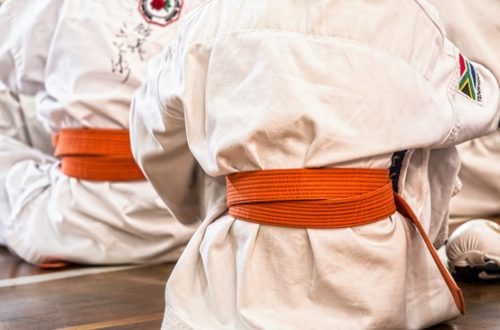
The psychology of yoga
Yoga and Pilates are strongly linked to psychology both in terms of health promotion and therapy.
With constant practice, you learn to know and be more conscious of your body, you pay more attention to your breathing, to internal sensations and all of this allows the mind to calm down and focus on the present moment.
The Breath, is one of the few functions of our body that we can control and helps to contact a state of balance even in difficult moments and to manage emotions. A deep and slow breath indeed, calms states of anxiety.
Yoga and body language
Yoga is therefore a useful tool for us as psychologists, since it uses a different channel from thoughts. The body language is much more immediate and fast, so it can give us different information about people’s health and what may be the issues to untangle. It is important to learn to listen to it.
Asanas and other exercises included in yoga practice are an incredibly valuable tool to combat anxious and depressive states.
The practice in fact, therefore, helps the process of managing emotional states and helps to reduce brain activity in response to threatening stimuli perceived as stressful.
Yoga also improves the ability to concentrate.
Through the active techniques of Yoga such as Asana practice and relaxation, the nervous system can induce a physiological and psychological state oriented towards balance.
From a study of the University of Florence, it was also observed that 10% of students are directed towards yoga by doctors and psychologists to integrate the beneficial effects of yoga with those of an ongoing therapy and the benefits obtained are many.
These benefits are:
- related to body functions (e.g. increased body agility and flexibility; improved respiratory and digestive functions);
- Cognitive (greater concentration, less anxiety, less aggression);
- Attitude and emotional state (greater confidence and self-confidence, greater self-determination).
Posture and physical attitude are intimately linked to cognitive aspects and emotion.
Reaching self-awareness
Psychology and Yoga play two fundamental functions within the path of self-awareness.
The path of psychological support helps the person to achieve greater awareness of their psychic functioning. Yoga helps the person to achieve greater awareness of their body, promoting greater security and self-esteem.
These two disciplines work beautifully together as they both help to increase awareness and well-being and to focus on the ” present moment”.
I have been a student of “la scuola del Benessere“, a school of yoga and pilates, for about 3 years and from my personal practice I can say that I have immediately experienced the benefits of yoga and have noticed changes within a few months: straighter posture and more open chest have given me more confidence.
Moreover, after the practice I feel more energized, calm, more positive and I feel that the breath flows better. I also noticed an improvement regards to the relationships: more openness towards others.
The group’s benefits
Finally, another very important aspect on a psychological level is the group. The group is positive in terms of both sharing experiences and creating bonds, which support the person.
In group activity there are several positive elements. The psychologist Yalom mentions many of them, among which, the universality factor (the group shows that the others have similar concerns and fears and that people’s experiences are more similar than we may think), and the cohesion factor.
If the climate in your yoga school is positive, supportive and the group identity is strong, the benefits will be felt even more.
What is important is not the amount of time, but persistence and perseverance in practice, as well as in meditation.




